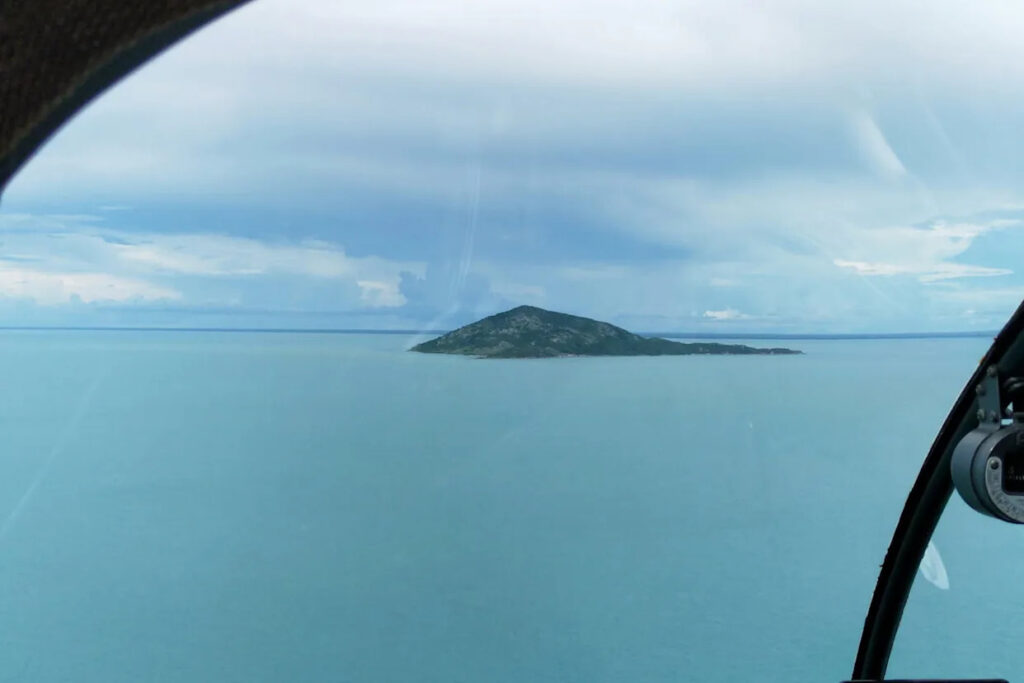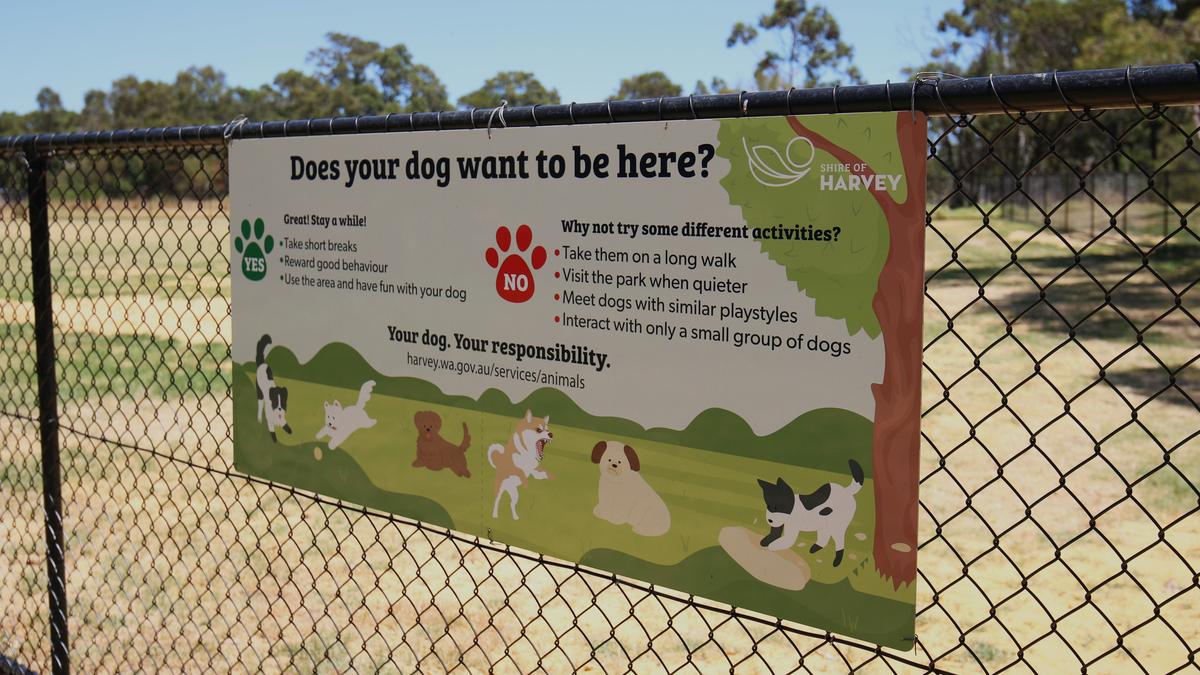
BREAKING: Researchers have unveiled a stunning discovery on Dauan Island, Australia, identifying three new species of animals that exist nowhere else on Earth. This urgent find was announced just hours ago by a team from James Cook University, who ventured into the island’s challenging boulder fields.
The team found two new types of frogs and a gecko, highlighting the unique biodiversity of this remote paradise. Associate Professor Conrad Hoskin, who led the expedition, stated that the boulder fields, covering approximately half of the island’s 3 square kilometers, hold “really interesting” creatures that are often overlooked.
Dauan Island is located in the Torres Strait, between the tip of Cape York and New Guinea, and is home to fewer than 150 residents. According to Hoskin, the local community has lived there for millennia, but few outsiders have explored the rugged terrain. “When you hit the boulder fields, you’re dealing with millions of rocks the size of cars,” he explained, emphasizing the difficulty of navigating the area.
The newly discovered species include the Dauan Island gecko (Nactus simakal), named after the mountain where it was found, and two new frogs: the Koeypad Frog (Choerophyrne koeypad) and the Gobakula Frog (Callulops gobakula). The frogs have distinctive calls, with the Koeypad Frog resembling a metal tap and the Gobakula Frog sounding similar to a green tree frog.
This breakthrough is particularly significant as it is rare to find even one new vertebrate species in Australia, let alone three. “Now they’re marooned on an island a long way from their relatives,” Hoskin remarked, referring to the frogs’ genetic connection to species in New Guinea, which have faced extinction due to habitat loss.
The findings, documented in the journal Zootaxa, are expected to spark renewed interest in Dauan Island and potentially boost tourism to the area. Torenzo Elisala, a councillor of Dauan Island, expressed the importance of these discoveries both for science and cultural heritage. “Our community has been tucked away in the Guda Maluilgal nation for millennia, sharing the spiritual connection from flora to fauna,” he stated.
Despite the logistical challenges of reaching the island, including the absence of an airstrip and difficult boat access from Thursday Island, the hope is that these remarkable discoveries will bring more attention to the island’s unique ecosystem.
As these developments unfold, the scientific community is eager to explore further, with expectations that more undiscovered species may lie hidden among the boulders of this extraordinary island.
Stay tuned for updates on this groundbreaking research and its implications for conservation and tourism in Australia.






